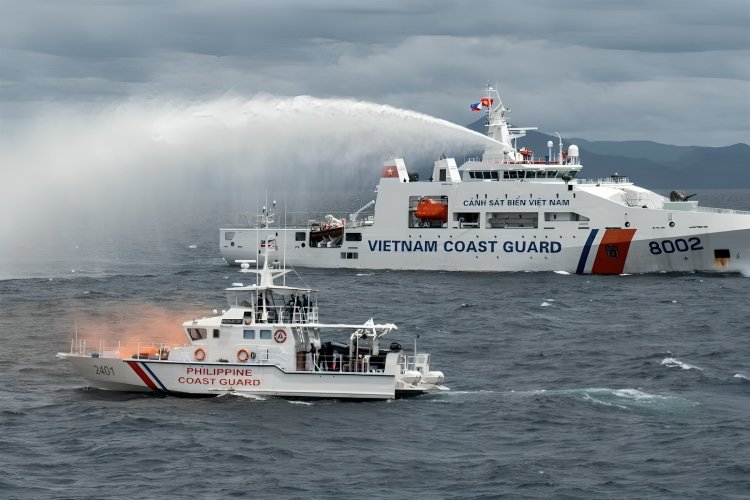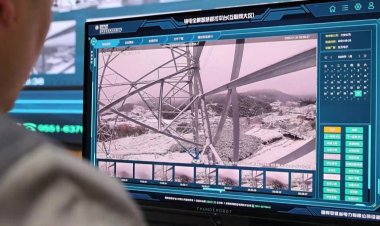Philippines, Vietnam Hold Joint Coast Guard Drills

The Philippines and Vietnam conducted their first joint coast guard drills in Manila Bay, marking a significant step in their bilateral cooperation amid ongoing territorial disputes in the South China Sea. The exercises, which took place, focused on firefighting, rescue, and medical response, including a simulated search and rescue operation and the use of water cannons to repel mock threats.
This unprecedented collaboration comes as both countries face territorial conflicts with China in the South China Sea. Experts view this joint exercise as a stabilizing factor and a deterrent to Chinese aggression, while also demonstrating how claimant countries can cooperate despite overlapping claims.
The drills reflect a broader shift in regional dynamics. Under President Ferdinand Marcos Jr., the Philippines has adopted a more assertive stance on South China Sea issues, contrasting with his predecessor's approach. This change has led to increased maritime tensions with China.
Recently, the Philippines has also conducted maritime exercises with the U.S., Australia, Canada, and Japan, aimed at safeguarding freedom of navigation in the region. These activities have drawn criticism from China, which claims nearly the entire South China Sea.
China has not directly commented on the Philippines-Vietnam drills but has continued to assert its claims in the region. The Chinese military recently conducted air and sea patrols near Scarborough Shoal, an area disputed with the Philippines.
Analysts suggest that while China may view this particular exercise as routine bilateral cooperation, it is likely to monitor the situation closely to prevent the formation of broader alliances challenging its interests. Beijing has been engaging in its own friendly military exercises with Vietnam, aiming to reduce tensions.
The joint drill between Vietnam and the Philippines is seen as potentially significant for future regional cooperation.















